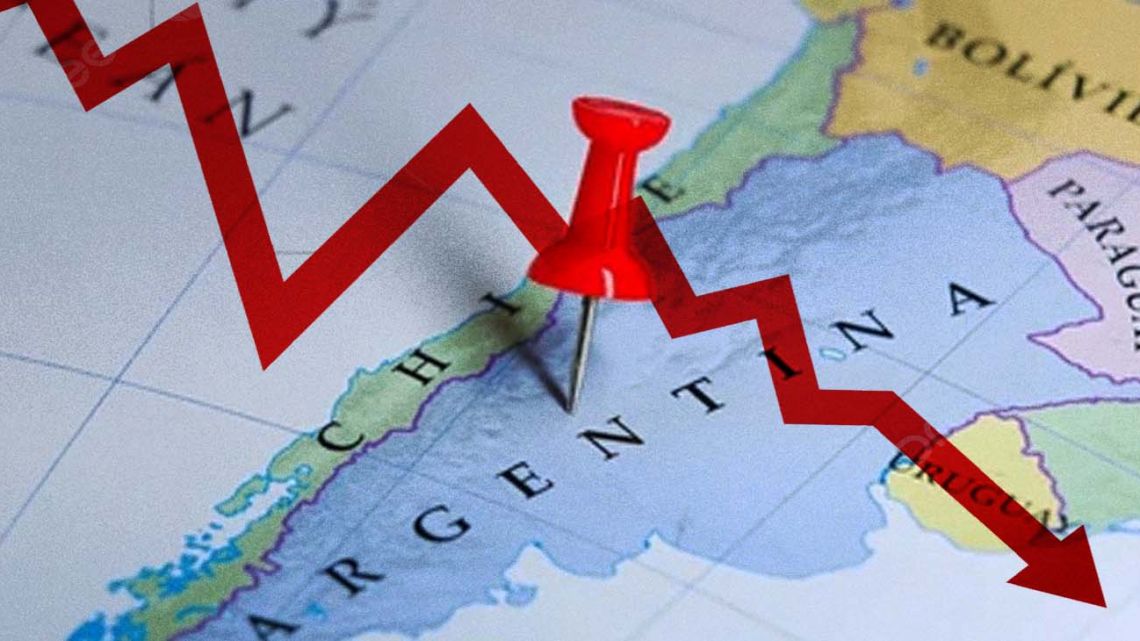November brought an unexpected twist to the Eurozone’s economic narrative. Inflation rates climbed, catching the attention of financial experts and policymakers alike.
The consumer price index for the 20-nation bloc rose to 2.3% year-on-year, surpassing October’s 2.0% figure. This increase, while modest, carries significant weight. It pushes inflation above the European Central Bank’s (ECB) 2% target.
The rise stems largely from statistical base effects. Last year’s exceptionally low values have been replaced by slightly higher, albeit still moderate, figures.
Core inflation, a key metric for ECB decision-making, held steady at 2.7%. This stability masks underlying shifts in the economic fabric. Service costs, a major component of consumer spending, eased slightly from 4.0% to 3.9%.
However, this dip was offset by higher goods inflation. The ECB faces a delicate balancing act. The inflation data suggests a cautious approach to interest rate cuts may be necessary.
 Eurozone Inflation Rises to 2.3%, Surpassing ECB Target. (Photo Internet reproduction)
Eurozone Inflation Rises to 2.3%, Surpassing ECB Target. (Photo Internet reproduction)Markets currently anticipate a 25 basis point reduction in December. A larger 50 basis point cut seems unlikely, with less than 10% probability priced in.
These figures paint a complex picture of the Eurozone’s economic health. While inflation is gradually trending towards the ECB’s target, the path remains uneven.
The central bank must navigate these waters carefully, weighing the need for economic stimulus against inflationary pressures. The coming months will be crucial. Policymakers will closely monitor economic indicators to guide their decisions.
The goal remains clear: achieve sustainable price stability without stifling growth. This delicate balance will shape the Eurozone’s economic trajectory in the near future.

 By The Rio Times | Created at 2024-11-30 06:07:51 | Updated at 2024-12-01 03:55:46
1 day ago
By The Rio Times | Created at 2024-11-30 06:07:51 | Updated at 2024-12-01 03:55:46
1 day ago








